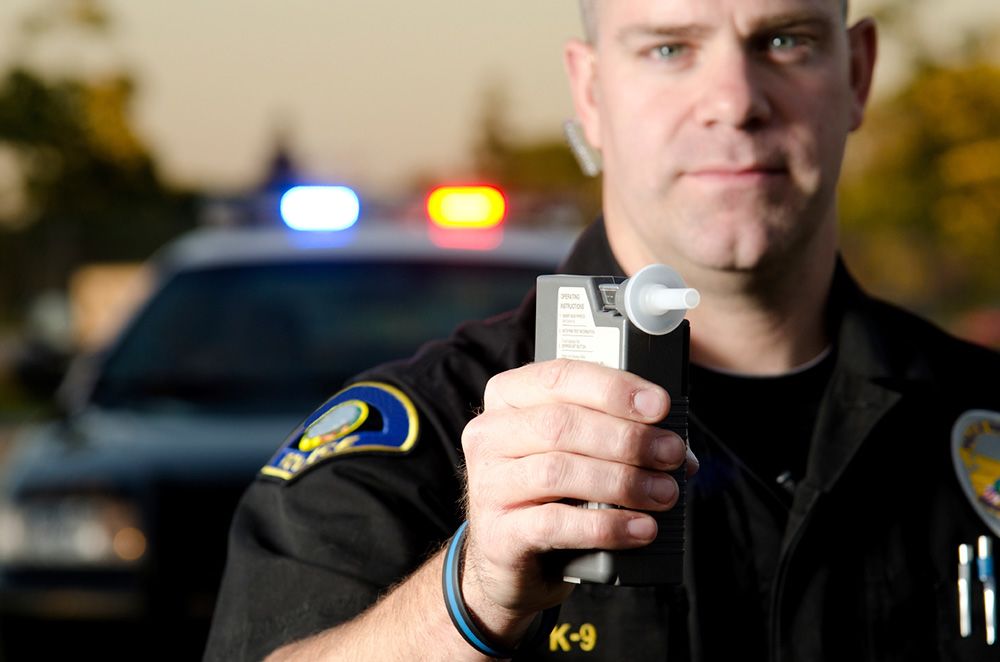Knowledge is Power: Essential Tips for Handling DWI Second Offense in Texas

Welcome to our comprehensive guide on DWI second offense in Texas. If you’ve found yourself facing a second DWI charge, it’s important to understand the potential consequences, legal implications, and available options. In this article, we’ll provide valuable insights, practical tips, and expert advice to help you navigate through this challenging situation. Whether you’re seeking guidance for yourself or supporting a loved one, we’re here to shed light on the path to redemption and restoration.
Understanding DWI Second Offense in Texas:
A DWI second offense Texas carries more severe penalties compared to a first offense. The legal system takes these cases seriously, aiming to deter individuals from repeat offenses and prioritize public safety. If you’ve previously been convicted of a DWI and find yourself facing a second offense, it’s crucial to be aware of the potential consequences and the steps you can take to mitigate them.
Consequences of a DWI Second Offense:
The penalties for a DWI second offense in Texas can vary depending on several factors, including blood alcohol concentration (BAC) level, prior convictions, and other circumstances. It’s essential to familiarize yourself with the potential consequences, which may include:
- Increased fines and court costs
- Longer license suspension
- Mandatory ignition interlock device installation
- Mandatory alcohol education or treatment programs
- Probation and community service
- Potential jail time
Crafting a Strong Defense Strategy:
When facing a DWI second offense in Texas, a strong defense strategy is crucial to protect your rights and secure the best possible outcome. Consider the following steps to build a solid defense:
- Seek legal representation: Consult with an experienced DWI attorney in Texas who specializes in second offense cases. They can provide expert guidance tailored to your specific situation.
- Review the arrest details: Your attorney will carefully analyze the circumstances surrounding your arrest, including field sobriety tests, breathalyzer results, and the actions of law enforcement officers.
- Challenge evidence and procedure: Your attorney will assess whether any procedural errors or violations occurred during your arrest and work to suppress or challenge evidence that may be inadmissible.
- Explore plea options: Depending on the specifics of your case, your attorney may negotiate with the prosecution for reduced charges or alternative sentencing options that minimize the impact of a second DWI offense.
- Prepare for trial: If necessary, your attorney will prepare a strong defense for trial, presenting evidence, questioning witnesses, and advocating for your rights in the courtroom.
Seeking Rehabilitation and Support:
Beyond legal considerations, addressing any underlying issues related to alcohol consumption is crucial. Seeking rehabilitation programs, counseling, or support groups can not only contribute to your defense but also support your personal growth and well-being.
Conclusion:
Facing a DWI second offense in Texas can be overwhelming, but with the right information and a solid defense strategy, you can navigate through the legal process and work towards a positive resolution. Remember to consult with an experienced DWI attorney who can guide you through the complexities of your case. By taking proactive steps, seeking rehabilitation and support, and staying committed to positive change, you can pave the way for personal growth and a brighter future.










